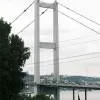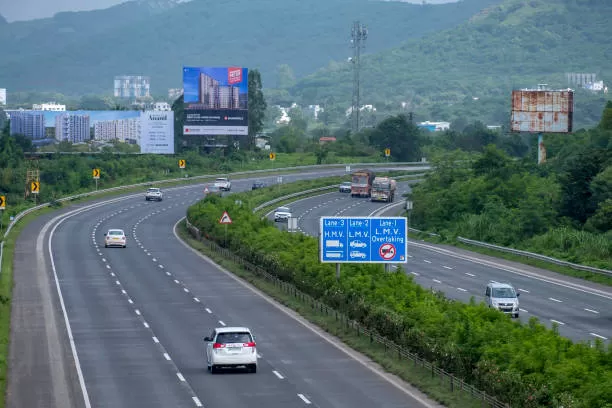
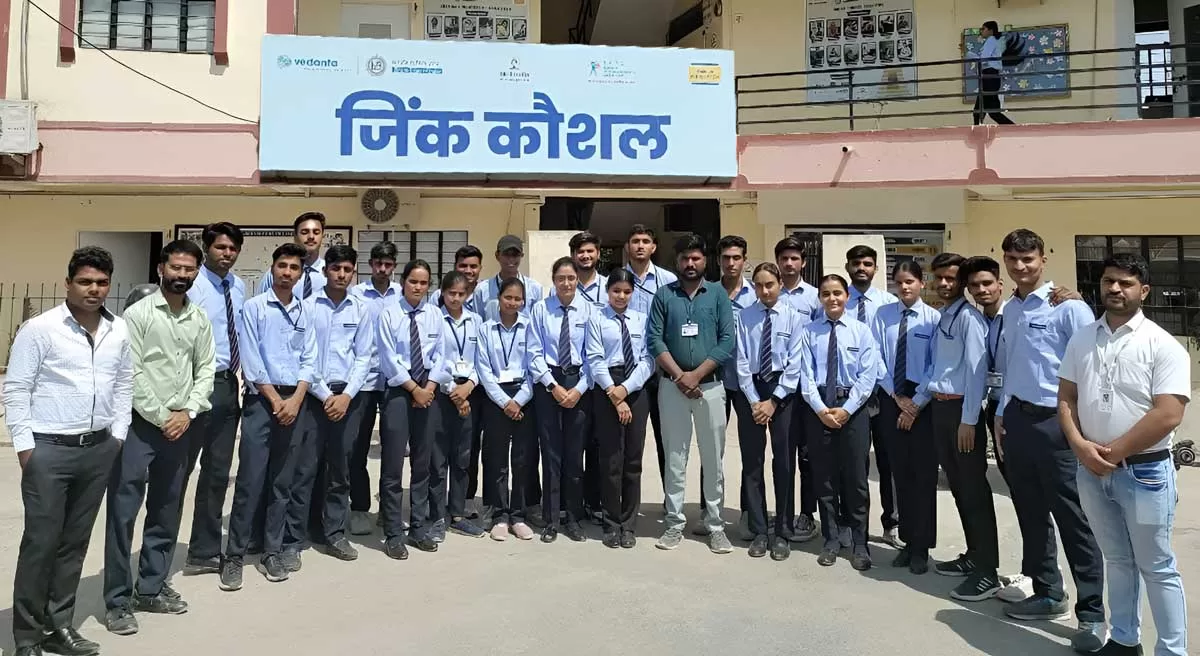
Over 500 Rural Youth Get Jobs via Hindustan Zinc's Skill Project
Zinc Kaushal Kendra, the flagship skill development initiative of Hindustan Zinc, India’s only and the world’s largest integrated zinc producer, recently organized a job fair assisting nearly 500 rural youth from Udaipur, Bhilwara, Chittorgarh and Rajsamand secure jobs. The job fair brought more than 40 companies from various sectors spanning tourism, microfinance, banking such as HDFC Bank, Arcgate, Reliance Retail, Annapurna Finance, Parallel Hotels, SBI Cap Securities, Sinclair Hotels, Sajjan Palace. Hindustan Zinc, since the inception of the program, has helped over 7,000 rural youth..
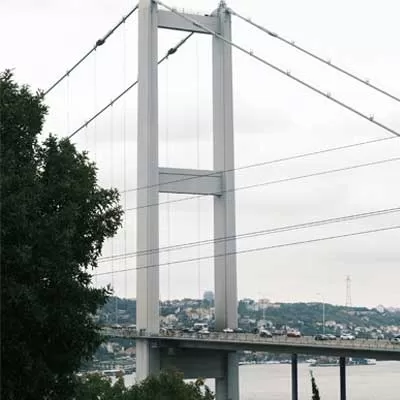
PM Launches Kochi Water Metro
Prime Minister Narendra Modi inaugurated the Kochi Water Metro, India’s first-of-its-kind water-based public transport system, aimed at transforming urban mobility in Kerala. The project is designed to provide eco-friendly and efficient transport across the backwaters, especially benefiting island communities near Kochi.The Water Metro network will connect 10 islands with the mainland through 78 battery-operated electric boats and 38 modern terminals. It is expected to serve over 1 lakh residents, offering faster, greener, and more reliable daily commutes. By integrating with existing metro ..
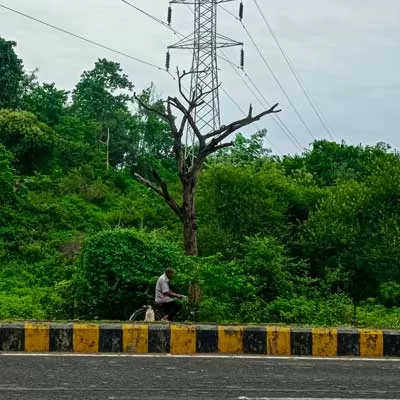
PM Inaugurates Key Projects in Odisha and Telengana
Prime Minister Narendra Modi virtually inaugurated and laid the foundation stones for several major development projects across Odisha and Telangana, with a focus on power generation, infrastructure, and agriculture.In Odisha, he dedicated the NTPC Darlipali Super Thermal Power Station Stage-I (2x800 MW) and the NTPC Talcher Thermal Power Project Stage-III (2x660 MW). These projects will significantly boost power availability and support India's energy security goals.PM Modi also inaugurated railway projects worth over Rs 21.45 billion in Odisha, aimed at enhancing connectivity and easing logi..





